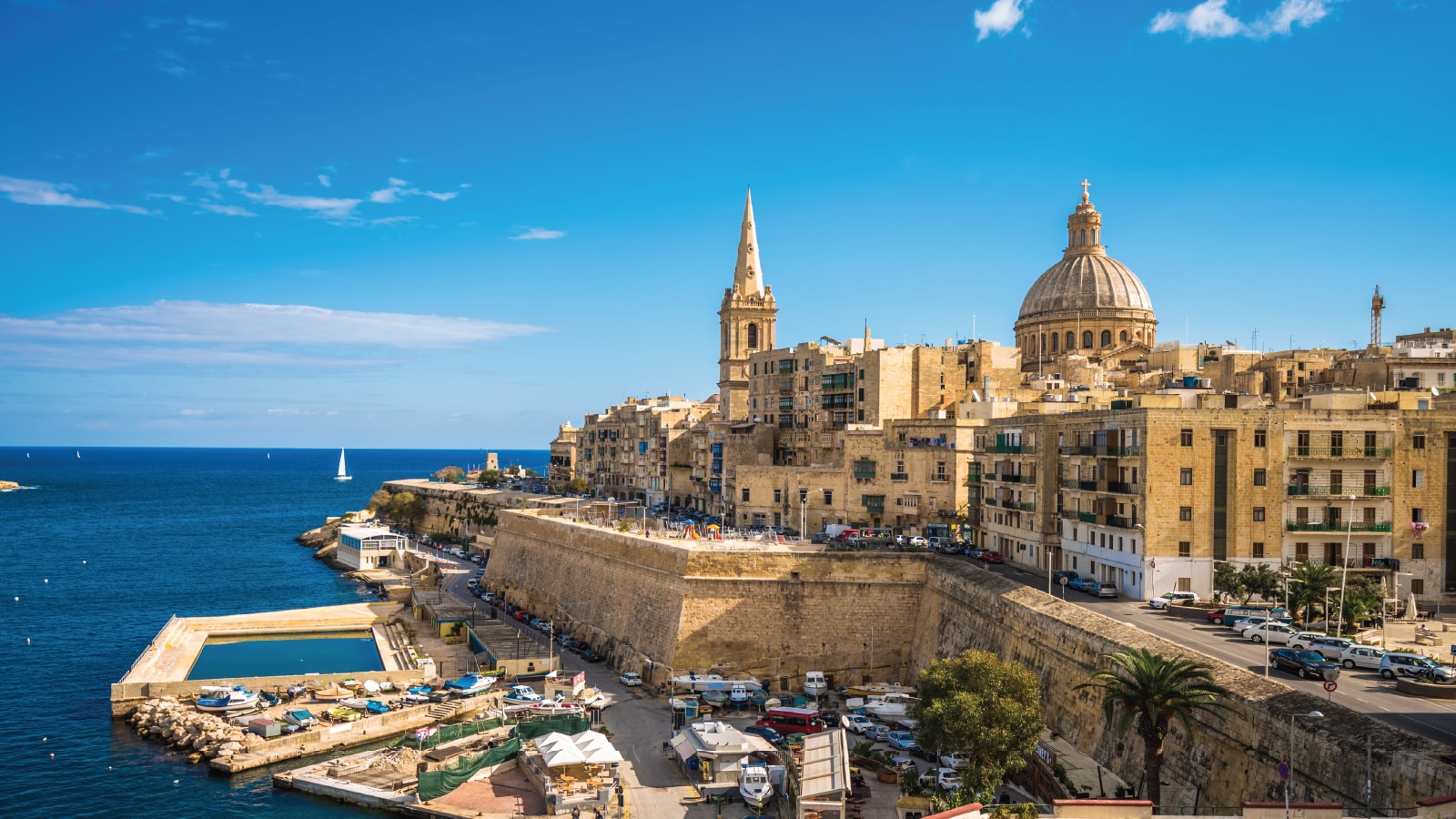Malta Budget key highlights
Key measures announced by the Minister for Finance and Employment in the budget speech for 2024 include:
COLA will amount to €12.81 per week
Income tax exemption to increase to 60% of pension income
Highly Qualified Persons rules will be revised and harmonised
Application of derogation for Pillar 2
Children’s allowance increased by €250
Extension of 1.5% reduced stamp duty rate on transfer of family business assets
Continuation of various fiscal benefits relating to immovable property
Installation of 828 new electric vehicle charging stations, to bring the total to 1,200
Tax refunds ranging between €60 and €140 to eligible individuals
Explore the Key Measures
Performance of the Economy
Following a robust economic growth in 2022, Government is projecting GDP to increase by 4.1% and 4.2% in real terms in 2023 and 2024, respectively.
Against this backdrop of significant economic growth, the debt-to-GDP ratio is expected to amount to 52.8%, increasing to 55.3% next year, as Government substantially maintains its energy support measures. In fact, the deficit for 2023 is expected to amount to 5.0% of GDP, and is projected to decline to 4.5% next year. While high from a historical perspective, Government is projecting this to decline, on average, 0.5% per year, thus bringing the deficit to GDP ratio down to 3% by 2027, in line with EU rules.
Meanwhile, the annual inflation rate for 2023 is anticipated at 5.7%, after which it is expected to level at 3.7%, with energy price inflation remaining contained. Finally, for 2023 and 2024, unemployment is set to remain low, projected at 2.7%
Income & Other Taxes
This year’s budget extends a number of fiscal benefits including the exemption applicable to pensions and the exemption from tax and stamp duty in terms of the first time and second time buyers schemes. The exemption applicable to transfers of qualifying vacant property and property in a UCA (up to a value of €750k) will continue to apply.
Another round of tax refunds, ranging between €60 and €140, will be paid to eligible individuals.
An exemption will be introduced for widow’s/widower’s pension in certain cases and the tax credit for qualifying therapy to children with disabilities will increase to €500.
Malta will apply the derogation with respect to the EU Minimum Tax Directive such that it will not apply the Income Inclusion Rule (‘IIR’) and Undertaxed Profits Rule (‘UTPR’) for up to 6 years. A Qualified Domestic Minimum Top-up Tax (‘QDMTT’) is not expected to be introduced at this stage.

Other Measures
Education, health and tourism remain key areas of investment. Government will also focus on other economic sectors such as gaming, manufacturing, aviation and maritime (including super yachts). The financial services industry is also seen as a key growth driver, with measures intended to limit bureaucracy being introduced, and significant support made available to enterprise and startups (particularly in the technology space). Fiscal and other incentives are expected for REITs, aircraft leasing and family offices amongst others. Significant investment is also expected in the road network, regeneration projects, and more regulation in the immigration space in an endeavour to reduce the stresses on the existing infrastructure.

Sustainability and the Environment
The Budget 2024 continued the recent trend of emphasising a number of sustainability and environment related initiatives. This is, for example, reflected in the set up of a new Climate Action Authority to oversee the achievement of Malta's climate change targets. As expected, various existing incentives relating to energy production and low emissions transport were extended as well as more general sustainability related incentives. At a national infrastructure level, it was announced that battery energy storage systems are being introduced and studies on the use of hydrogen launched. Furthermore shore to ship power systems are being extended whilst plans for a second interconnector continue.

Get in touch

Click on a name to send an email.
At the back, from left to right:
Bernard Attard, David Ferry, Neville Gatt, Francesca Fenech and Steve Gingell
In front, from right to left:
Mark Lautier, Edward Attard, David Valenzia and Mirko Rapa.
or call us on +356 2124 7000
Previous editions of Malta Budgets
Visit the 2023 Malta Budget page or request a copy of any older edition of the Malta Budgets, published in previous years.










Social Measures
The cost of living adjustment for 2024 amounts to €12.81 per week and that for pensioners will amount to €15 per week.
Certain measures increase pension benefits, whereas others are targeted at providing assistance to the elderly, the vulnerable, and those suffering from certain health (including mental health) issues/ chronic conditions. An emphasis on occupational and private pensions was also outlined by the Minister.
Other social measures include, an improvement in service pensions related to the disciplined corps, increase in certain social benefits, grants, allowances and tax credits for parents of children with disabilities and an increase in the children's allowance.
Read more about Social Measures